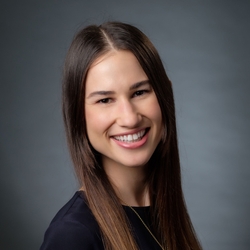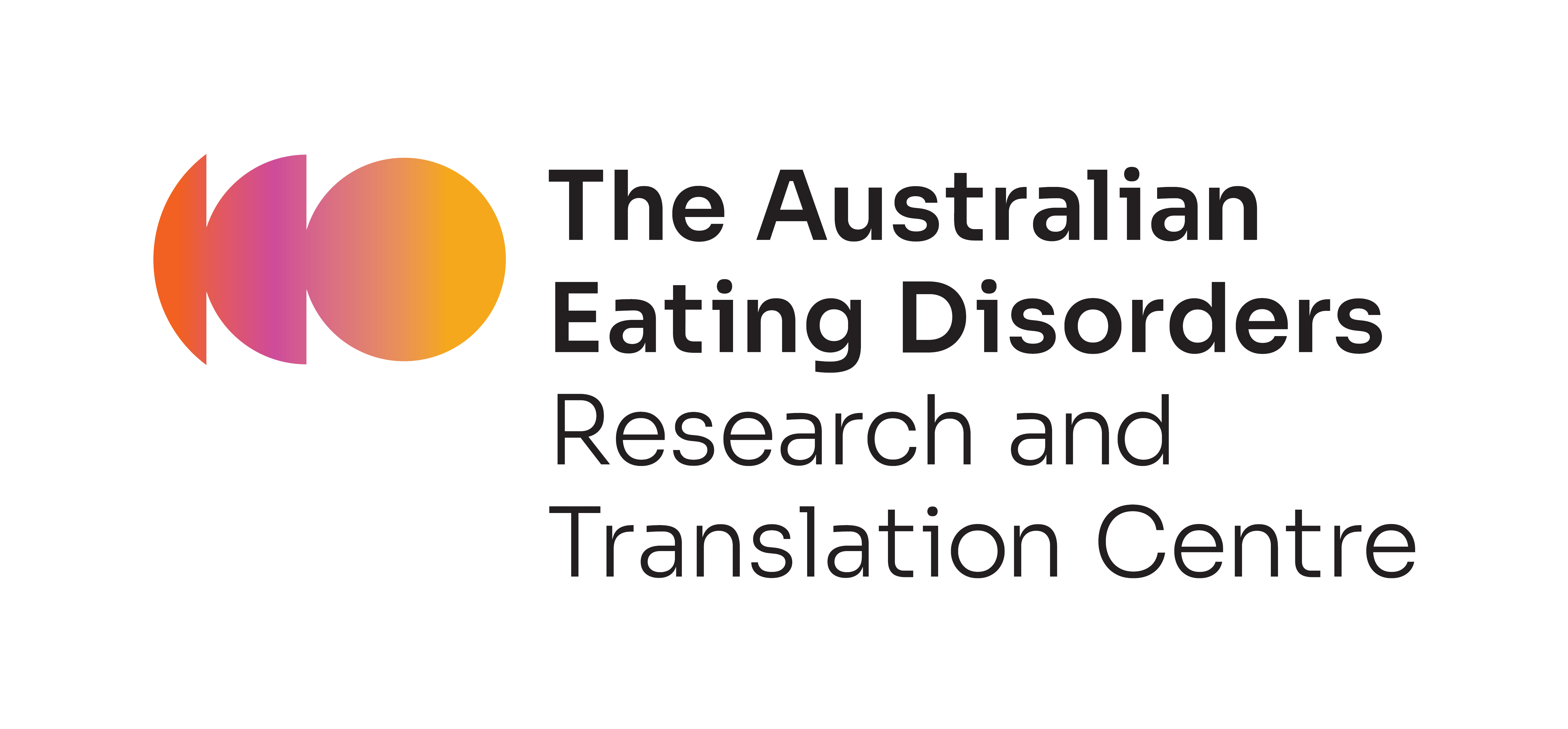MOSAIC - Mapping Our Shared ARFID Insights through Co-production

Lead Researcher Dr Holly Harris
The University of Sydney
Affiliate Authors
Professor Genevieve Pepin, Deakin University
Dr Sanna Barrand, Deakin University
Ms Daniela Ciciulla, Murdoch Children's Research Institute
Dr Romany McGuffog, Australian National University
Dr Catharine Fleming, Western Sydney University
Dr Karen Spielman, Tikvah Clinic
Dr Brooke Donnelly, University of Wollongong
Ms Rachel Knight, Deakin University
Ms Sharonne Symonds, Tikvah Clinic
Avoidant/Restrictive Food Intake Disorder (ARFID) is a distinct and under-recognised eating disorder that often emerges in childhood and can continue into adolescence and young adulthood. Unlike other eating disorders, ARFID is not about body weight or shape. Instead, it can involve fear around eating, lack of interest in food or sensory sensitivities that make mealtimes overwhelming. While ARFID affects around 1 in 50 of young Australians, it remains one of the least studied eating disorders worldwide.
MOSAIC is changing that. Our goal is to bring together the scattered pieces of experience and expertise into a connected picture by giving voice to those it affects most.
The MOSAIC project will establish Australia's first national co-production team dedicated to ARFID. We will join forces with youth with lived experience, families, and clinicians to map the biggest challenges in ARFID care and set key priorities for future research. This will be achieved through flexible, accessible, and inclusive co-designed workshops driven by members themselves.
Insights from youth, parents, and clinicians will be shared across groups, creating dynamic feedback loops that ensure every perspective strengthens the whole picture.
One key outcome of our shared insights will be ARFID Idea Bank in the form of a public, community-driven agenda for research, practice, and policy. But most importantly, MOSAIC puts lived experience at the heart of change. By building this foundation, MOSAIC aims to spark earlier recognition, more effective care, and greater hope for young people and families navigating ARFID.
